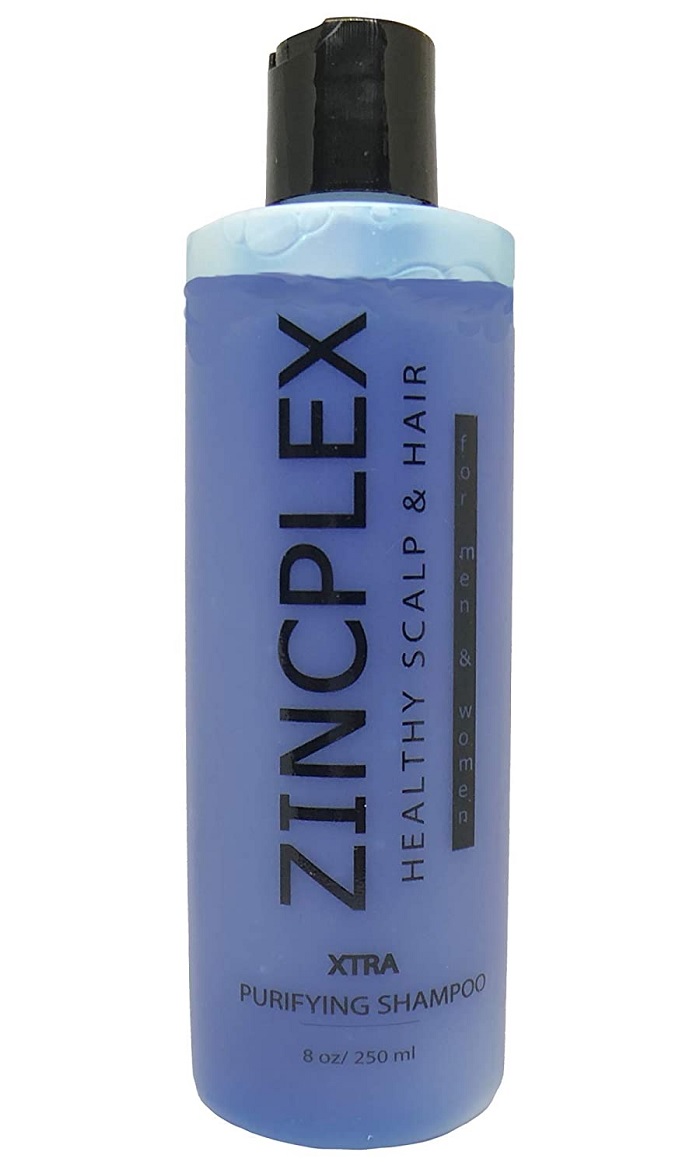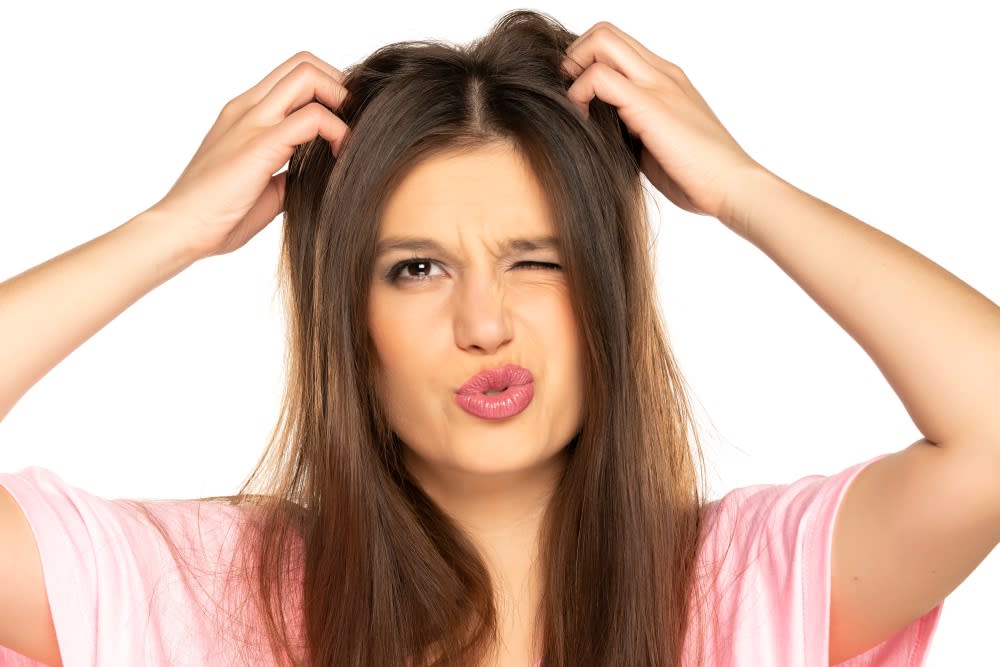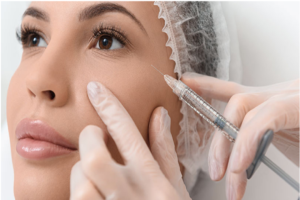Oily scalp is a common condition that can be really unpleasant. In this blog, we will provide a quick guide on how to reduce itchy oily scalp. We will discuss the causes of itchy oily scalp and the various solutions that you can try to resolve the problem. Finally, we will provide information on how to reduce oil production on the scalp. Hope you find this guide helpful!
Causes of itchy oily scalp
Itchy oily scalp is a common condition that can be frustrating and uncomfortable. It’s usually caused by an imbalance in the oil and sweat glands on the scalp, and can be exacerbated by a variety of factors, including stress, hair products, and hot weather. To reduce itchy oily scalp, you need to work to restore balance to your skin’s oils and sweat glands.
Some tips for reducing itchy oily scalp include using anti-dandruff shampoo regularly, applying a balanced moisturizer daily, and avoiding excessive use of hair products. In the meantime, keep your scalp hydrated with a good scalp serum or oil every day, and use a strong anti-dandruff shampoo as needed. Hope this guide has been helpful!
Solutions for resolving itchy oily scalp
Itchy oily scalp is a common condition that can be frustrating and uncomfortable. Cleansing the scalp regularly, combing the hair often, and taking breaks from hair styling can help to resolve the condition. Additionally, topical treatments like selamisil cream or ketoconazole lotion can be helpful in relieving itchy scalp conditions. So, whether you’re looking for a quick solution or a more comprehensive guide, be sure to check out our blog for more information on how to reduce itchy oily scalp.
How to reduce the oil production on the scalp
There’s no need to suffer from itchy oily scalp – with a few simple steps, you can reduce oil production and manage scalp conditions more effectively. Start by washing your hair regularly with shampoo and water – make sure to scrub gently into the roots. Next, dry it completely before applying styling products or oils. If you experience excessive scalp oiliness, use a topical rinse or cream designed specifically for skin conditions like eczema. Have fun styling your hair and scalp the way you want – it’s your hair after all!

What are the most common causes of oily scalp?
The most common causes of oily scalp are an imbalance in the levels of oil and sweat on your head. Apart from that, other factors that can contribute to oily scalp include excessive use of hair products, stress, and genetics. So, the best way to reduce or prevent itchy oily scalps is by balancing your skin’s PH level with gentle exfoliation, using anti-inflammatory creams or lotions regularly, drinking plenty of water throughout the day, avoiding salt intake and staying away from synthetic fragrances.
Can anything be done to treat oily scalp?
There are things you can do to reduce and treat oily scalp, including using a face wash that has salicylic acid, applying an oil-free moisturizer, doing weekly scalp massages with organic almond or olive oil.
What are some natural remedies for treating itchy, oily scalp?
If you’re looking for a natural remedy for itchy and oily scalp, then try jojoba oil. This valuable oil helps to moisturize and condition your hair follicles, which in turn reduces the appearance of dandruff and scalp oiliness.
Additionally, you can make an effective remedy using witch hazel or aloe vera juice. These natural astringents and moisturizers help to soothe and calm your scalp while also acting as anti-inflammatories. Prevention is always better than cure when it comes to oily scalp – stay away from dandruff shampoo, excessive use of conditioner, or harsh chemicals on your hair.
How often should I shampoo my hair to prevent it from becoming greasy and dried out?
Shampooing your hair every day isn’t necessary as long as you are keeping it clean by using a mild shampoo. If you find that your scalp is becoming oily and itchy, then you should shampoo your hair more frequently. Additionally, using a scalp treatment like tea tree oil or aloe vera gel to soothe the skin on your scalp and reduce inflammation can help to keep your hair healthy and grease-free.
Are there any other steps that I can take to improve my hair’s health and appearance?
One great way to improve hair’s health and appearance is by using a quality shampoo and conditioner that are formulated for oily hair types. This will help to cleanse and moisturize your hair while preventing it from becoming oily. Additionally, it is important to follow the directions on the bottle of shampoo carefully as overuse of shampoo can strip the scalp of its natural oil production.
If you suffer from dandruff, you may also want to consider using an anti-dandruff shampoo intended specifically for oily scalps. This will help to control dandruff and improve scalp health in the long run. Avoid using heavy lotions or creams on your skin as this will only contribute to excessive oil production on your skin.
Oily scalp is a common problem that can be uncomfortable and embarrassing. In this blog, we have outlined the causes and solutions for itchy oily scalp, as well as tips on how to reduce oil production on the scalp. By following the tips provided, you will be able to resolve your itchy oily scalp condition quickly and comfortably!





